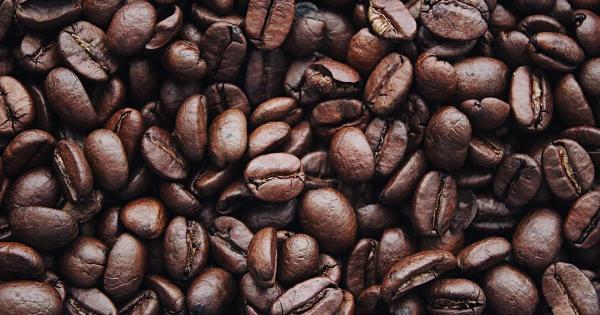Headaches are one of the most common health problems globally. They can affect individuals of all ages and levels of health, and they may be caused by a wide range of factors.
While they can be incredibly debilitating and distressing, they are often easily treatable. Here are eight of the most frequent reasons for a headache:.
1. Tension Headaches
Tension headaches are by far the most common type of headache experienced by individuals of all ages. They are often described as a dull, aching pain that feels like pressure around the forehead or in the temples and back of the head.
Tension headaches may be caused by stress, poor posture, jaw clenching, and other forms of muscle tension.
2. Migraines
Migraines are another common type of headache. They are typically characterized by intense, throbbing pain that may be accompanied by other symptoms, such as sensitivity to light and sound, nausea, and vomiting.
Migraines can last anywhere from a few hours to a few days and are often triggered by specific factors, such as stress, certain foods, or hormonal changes.
3. Sinus Headaches
Sinus headaches are caused by inflammation or congestion in the sinuses. They typically feel like pressure and pain around the nose, forehead, and eyes and are often accompanied by other symptoms, such as a stuffy nose or sore throat.
4. Cluster Headaches
Cluster headaches are rare, but they can be significantly debilitating. They are characterized by intense pain on one side of the head, typically around the eye or temple.
Cluster headaches may last anywhere from 15 minutes to several hours and often occur in cycles, with frequent attacks over a period of weeks or months followed by a remission period.
5. Rebound Headaches
Rebound headaches, also known as medication-overuse headaches, are caused by frequent or excessive use of pain medications. They can occur in individuals who regularly take over-the-counter or prescription pain medications for other types of headaches.
Rebound headaches typically feel like a dull, constant headache that does not respond to pain medication.
6. Caffeine Withdrawal
Caffeine withdrawal headaches are caused by a sudden decrease in caffeine intake. Individuals who consume large amounts of caffeine in their diet may experience painful headaches when they reduce or stop their caffeine intake.
Symptoms may include throbbing pain, tension, and fatigue.
7. Dehydration Headaches
Dehydration headaches are caused by a lack of fluids in the body. When the body is dehydrated, the brain may temporarily shrink, placing tension on the meninges (the membranes surrounding the brain).
Dehydration headaches typically feel like a dull ache throughout the head or a sensation of tightness around the forehead.
8. Secondary Headaches
Secondary headaches are caused by an underlying medical condition or injury. These conditions may include head injuries, infections, tumor, and other illnesses.
Secondary headaches may be accompanied by other symptoms, such as fever, nausea, and vomiting.
Conclusion
Overall, headaches can occur suddenly, regularly, and without notice. It is essential to understand the different types of headache causes and their symptoms so that you can find the best treatment options.
Taking preventive measures like drinking enough water, maintaining a healthy lifestyle, and reducing stress can significantly reduce headache symptoms and instances.

























